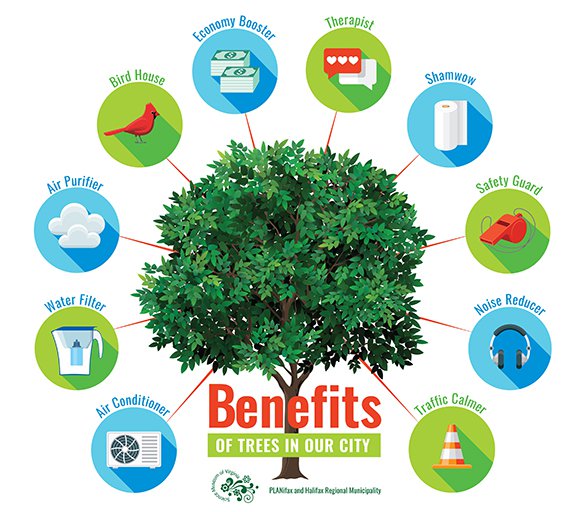Question Your World: How Well Do We Know Trees?
Our planet is full of life. Trees are among some of the most resilient and incredible living things to ever grace our planet. They provide shade, they make oxygen, they talk to hobbits, and are home to a myriad of species globally. Big scientific discoveries help us better understand the world around us, including some remarkable knowledge on our planet's trees. For today's Question Your World let's ask a very important question: How much do we really know about trees?
Being so vital to life it makes perfect sense that there are many research papers and breaking news stories about trees. For example, a study from scientists at Yale let us know that there are nearly 3 trillion trees on Earth. Also just earlier this year a satellite data based climate study from the NASA also showed us that the tropics are losing trees faster than anywhere else on Earth. And now we have more breaking news, but we have to kind of start back in time for this one. So, let’s Tarantino this one by going back in time now.
In 1951 a rare tree in Cameroon Africa was identified, but without all the details needed to sufficiently name it. They just knew it was related to a group of about 80 or so large trees, leaving it at just the genus name of Vepris. These types of tree groups can be found on Africa and surrounding islands. This includes several different species within the genus. So, for example one unique species is Vepris lanceolata while another is Vepris carringtoniana. Similar to how one could distinguishes between a Japanese maple and a Sycamore maple. So, the specimen that was collected from the remote highlands of Cameroon in 1951 were incomplete, but at least they knew it was a Vepris something or other.

Well, 70 years later scientists finally went over this old information, compared to decades of new knowledge, and consulted with experts in the field regarding these specimen to finally identify it as it's own unique species, Vepris bali! While they were doing this they also stated that it could very well already be extinct, sadly. Keep in mind that there are almost 2,000 new plant species named ever year, but only 5% of all known plant species on Earth have been accessed for risk of extinction.
Similar to how you only find certain animals in certain environments, trees also work in a similar way. The Vepris bali, which very well could be extinct already, can only grow in a certain environment and as deforestation and habitat alteration continues, these rare trees are put at risk. Knowing only 5% of the globe's population is a rather alarming notion.
This brings to mind the greater question: how well do we really know trees? If we do not know the threats and subsequent ecological consequences then how do we plan for future development of our built world? How do we plan conservation efforts to protect not only the trees, but the many members of the ecosystem that would be impacted if a species of tree were to go extinct? The less we know the fewer options we have.
The hope is that naming this tree will finally motivate more research to see if it is indeed extinct. As of now scientists are naming it as critically endangered. You know the old saying that sometimes you just don’t know what you got till it’s gone. Regardless this is further proof that you need more research and science to really get to the root of anything, especially trees!

